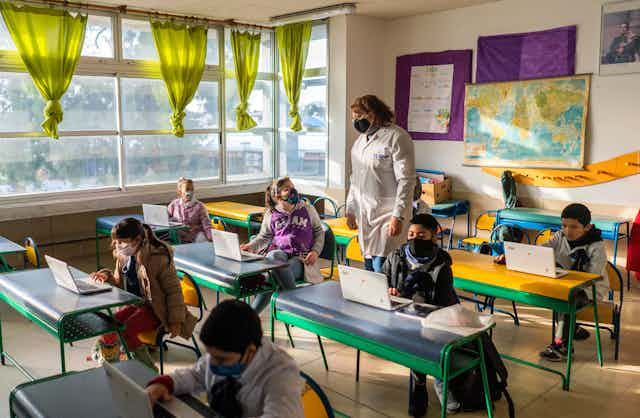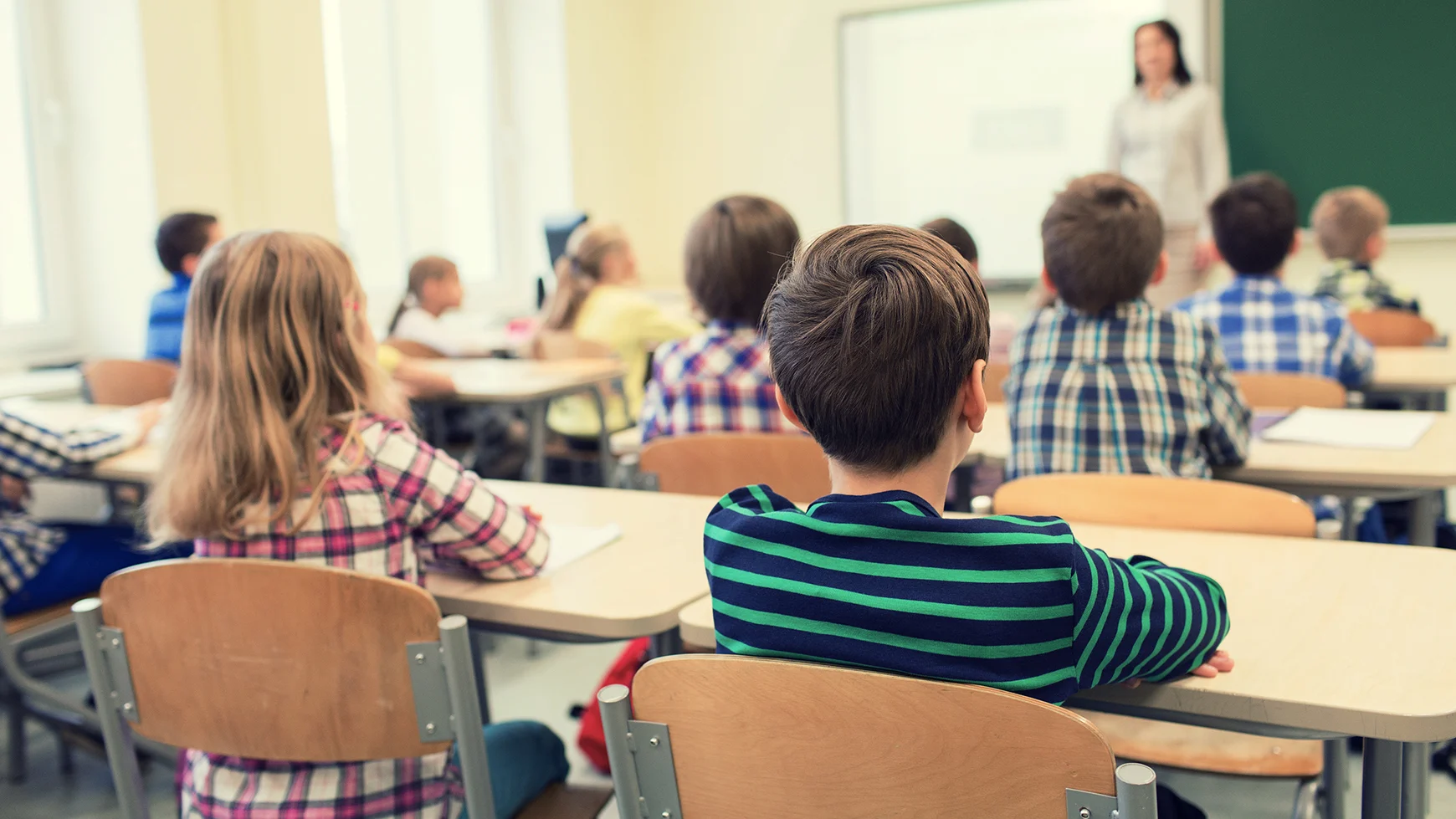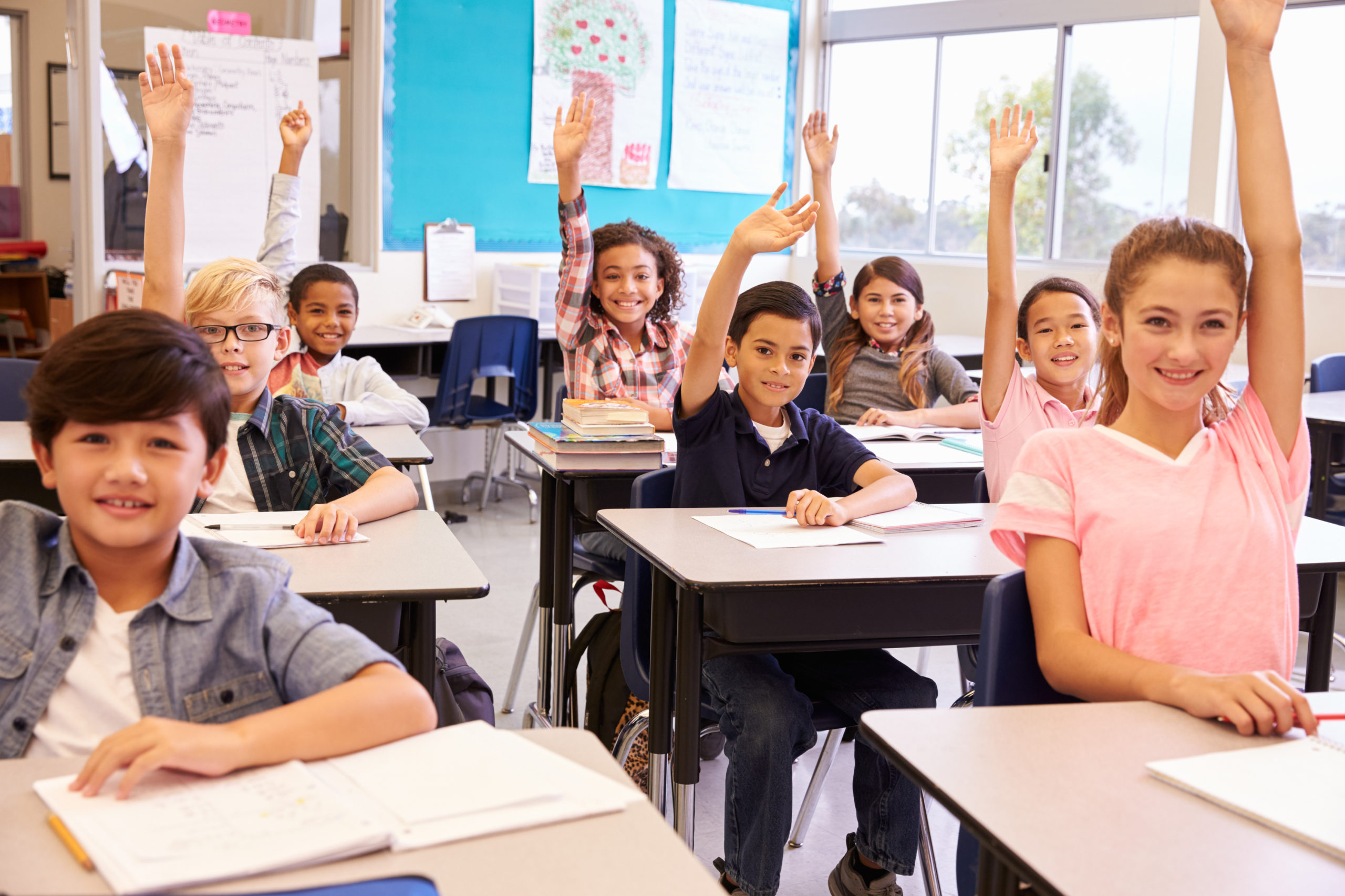Comprehending the Value of Schools in Kid Development and Area Development
Schools work as essential institutions for child advancement and area development, providing atmospheres where scholastic accomplishments are matched by the farming of social skills and exposure to varied point of views. These instructional settings not just promote vital reasoning and effective interaction yet additionally foster empathy through collaborative projects. Institutions' interaction with neighborhood neighborhoods with service-learning campaigns reinforces the bond between households and academic organizations. This cooperative relationship underscores the significance of colleges in nurturing active citizenship and lifelong understanding behaviors. Nevertheless, what are the particular systems by which these establishments attain such extensive effects?
Academic Accomplishment
Academic achievement acts as a foundation of child development, offering the foundation whereupon future knowing and success are constructed. Institutions play a critical duty in fostering this academic development, using organized environments where children can get crucial knowledge and cognitive skills. Standard educational program ensure that trainees gain efficiency in core subjects such as maths, scientific research, and language arts, which are critical for both college and expert chances.
In addition to giving fundamental scholastic abilities, schools additionally grow important thinking, analytic abilities, and intellectual curiosity. These cognitive competencies are essential for navigating complicated real-world circumstances and adapting to the ever-evolving demands of the contemporary workplace. Educators, as facilitators of learning, utilize diverse instructional techniques to satisfy different learning designs, therefore maximizing specific student possibility.
Moreover, scholastic success is carefully connected to self-worth and inspiration. Kids that experience academic accomplishments are most likely to establish a favorable self-concept and a lifelong passion for knowing. Institutions additionally supply different sources, such as collections and modern technology, which additionally enhance the academic experience and prepare pupils for a highly advanced society.
Social Skill Development
Beyond scholastic success, the duty of colleges in social skill growth is important. Schools work as a main place for youngsters to find out and exercise crucial social skills such as communication, problem, and cooperation resolution. In the organized atmosphere of a classroom, students engage with peers, instructors, and other school personnel, supplying many chances to establish these essential capacities.
Efficient social ability advancement in schools is facilitated via group activities, collaborative tasks, and extracurricular programs. These communications help students understand social standards, develop compassion, and promote a sense of area. As an example, group projects teach pupils how to function together in the direction of a common goal, listen to various point of views, and navigate arguments constructively.

The farming of social abilities during school years lays a foundation for future individual and professional relationships. Save Temecula Schools. As pupils mature, the capability to efficiently communicate and collaborate becomes progressively important, emphasizing the school's important duty in holistic kid development
Exposure to Diversity
Exposure to diversity in colleges is fundamental to fostering an inclusive attitude and expanding trainees' point of views. Schools work as a microcosm of the wider culture, and encountering varied societies, languages, and socioeconomic histories within this atmosphere equips pupils with essential abilities for navigating a significantly globalized globe. her comment is here This direct exposure encourages empathy, minimizes prejudices, and promotes mutual respect among peers.
Research study indicates that pupils who communicate with peers from different histories display better problem-solving skills and creative thinking. This understanding of variety prepares trainees for future work environments that value modern proficiency - Save Temecula Schools.

Community Interaction
The benefits of diverse classrooms extend beyond the institution walls, promoting a solid feeling of community engagement among pupils. By interacting with peers from various cultural, socioeconomic, and ethnic backgrounds, trainees obtain a broader perspective and an admiration for diversity. This direct exposure urges them to come to be energetic people who agree to add favorably to their areas.
Schools that highlight neighborhood interaction commonly include service-learning projects, which permit pupils to resolve real-world troubles while using academic abilities. These tasks not just improve pupils' understanding of their coursework however likewise instill a sense of duty and empathy. Moreover, collaborations in between read more institutions and neighborhood organizations provide students with possibilities to join area events, better strengthening their function as proactive area members.
In addition, parental and area participation in institutions reinforces the bond between instructional organizations and the communities they offer. They develop a collaborative setting that benefits all stakeholders when colleges open their doors to neighborhood occasions, workshops, and volunteer opportunities. This common support group makes certain that students get holistic advancement, preparing them to come to be all-round individuals that add and value to their areas. Via these efforts, institutions play a crucial role in supporting neighborhood involvement and fostering social development.
Lifelong Knowing Routines
Establishing lifelong knowing routines is crucial for a kid's continual growth and adaptability in an ever-changing world. Schools play a critical duty in instilling these routines by developing an environment that fosters curiosity, important thinking, and a love for understanding. With diverse educational programs and after-school activities, instructors motivate pupils to discover numerous topics, assess information critically, and use their finding out to real-world scenarios.

Moreover, institutions give a structured atmosphere where youngsters can establish self-discipline and time administration abilities, both of which are essential for continual learning. By emphasizing the importance of setting goals, showing on my sources progression, and adapting methods, schools prepare trainees to browse the intricacies of adult life, guaranteeing they continue to be lifelong learners and contributors to society.
Final Thought
In verdict, institutions are vital in fostering youngster growth and neighborhood growth by giving atmospheres favorable to academic success, social ability advancement, and exposure to variety. Eventually, schools grow lifelong knowing habits, outfitting individuals with the necessary expertise and skills to contribute favorably to society.
In the structured setting of a classroom, trainees interact with peers, instructors, and various other institution team, providing numerous chances to create these vital capacities.
In essence, direct exposure to diversity within institutions not just improves individual pupils but likewise enhances the social textile of the community as a whole.
The benefits of varied class extend beyond the institution wall surfaces, fostering a strong sense of area engagement among trainees.Institutions that stress community engagement typically include service-learning tasks, which enable pupils to deal with real-world issues while using scholastic abilities. Collaborations in between colleges and neighborhood companies provide trainees with chances to take part in neighborhood events, even more solidifying their role as positive neighborhood members.